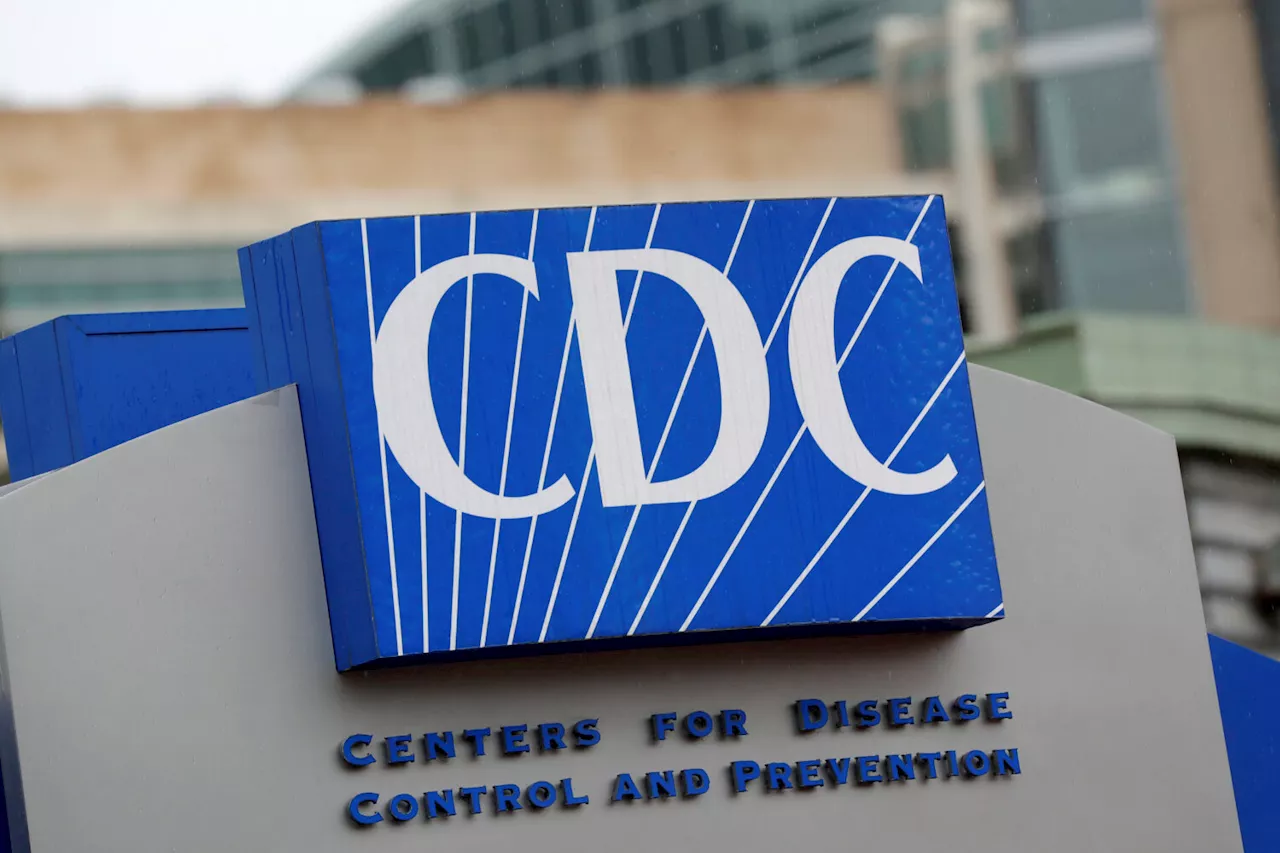Improve your memory with these four tricks from brain researcher Marc Milstein, Ph.D. Learn how to slow down your thoughts, give your mind a break, prioritize sleep, and tie your thoughts to emotions to make information stick.
If you tend to forget names easily, constantly misplace your things, or unknowingly double-book yourself, you might be ready for some memory training.That's right—you can actually improve your memory with intentional exercises and practices, and it doesn't have to take up too much time, either.Brain researcher Marc Milstein, Ph.D.
, author of The Age-Proof Brain: New Strategies To Improve Memory, Protect Immunity, and Fight Off Dementia, previously shared his very best tips on the mindbodygreen podcast—here are his four must-have tricks to try out for a better memory ASAP: Slow down your thoughts Forgetting names doesn't necessarily mean you have a bad memory—it might just mean you weren't putting in enough effort to remember it (by no fault of your own; it's super common!). Instead of meeting someone new and moving on to small talk, try to devote a few seconds to really ingrain that name into your mind.'Imagine writing their name on their forehead right after they say their name, you focus on their name for an extra few seconds. Your brain goes, 'Oh, this information is worth it,'' Milstein says. 'Instead of throwing it away, it transfers it to long-term memory.' You can call upon this method for any kind of important information, not just names. Of course, you can always write information down, but if you want to work your memory muscles, keeping it paperless might be a good challenge. A few other moments this trick may come in handy include: Give your mind a break Society certainly provides an ominous pressure to work, work, and keep working without breaks (aka, hustle culture). When it comes to your brain, though, a break is actually necessary every once in a while if you want to stay focused.If you never take a day off, skip your lunch break (or eat while working), or fill your weekends with even more work, your brain will be craving a moment of peace sooner or later. 'We can be burning ourselves out,' Milstein says. Think of burnout as your brain force-quitting your momentum.Of course, no matter how much you may want to give your brain a break, a weeklong island getaway isn't feasible for most people—so does that mean your brain will suffer? Most definitely not: There are plenty of ways to incorporate brain breaks into your day-to-day life. A few tips: Prioritize sleep If you have an important day coming up—say, the first day of a new job, a presentation, or even a big event you simply want to remember for the long haul—you should try to get as much sleep as you can the day-of (and the days before and after, of course). See, when you learn something new, your brain cells make new connections. 'The moment you make the connection is the moment you learn it,' Milstein explains. 'Then when you sleep at night, you make that connection stronger and stick,' he notes. This is why it's so important to get high-quality sleep for cognitive health—if you don't, your brain won't have as much time to really lock in new information.So along with taking notes, prioritizing a good snooze after learning something new will help you remember it—think of it like another lock on the door. If you want some natural assistance, opt for a melatonin-free sleep aid to encourage rest, sans grogginess—here are nine A+ options we love. Tie your thoughts to emotions Evolutionarily, our minds aren't naturally hardwired to remember complex math equations or codes (though it's pretty cool that we can). 'We're programmed to remember things that have real meaning, as opposed to just a random string of numbers,' Milstein says.So if you frequently forget your passwords, that's actually more innate (and common) than you think. 'Don't feel bad about those things,' Milstein says. Especially when you have a million other tasks going on, random information like that easily gets trashed to make room for more important things.However, 'If the thing that we're learning has meaning, if it has some emotional element to it (it's funny, it's scary, etc.), it's more likely to stick,' Milstein notes. This is why you might remember every second of the last scary movie you watched yet slip up on your best friend's phone number.So if you want to remember something simple (say, a string of numbers like a date or phone number), then you should mentally tie it to something silly or scary, Milstein suggests. 'That's the way you make those memories stick,' he notes. Dramatizing the numbers or using them in a silly sentence might help way more than you think. The takeaway To those who forget passwords, plans, and phone numbers—you're not alone. The brain naturally forgets information it deems unimportant, which is why these exercises come in so handy.Try to tie an emotion to the information, say it a few times in your head, or visualize it written down. And of course, always prioritize brain breaks and get enough slee
MEMORY BRAIN HEALTH MEMORY TIPS LEARN REMEMBER SLEEP
United States Latest News, United States Headlines
Similar News:You can also read news stories similar to this one that we have collected from other news sources.
 Alzheimer's Disease (AD) Researcher/Associate Researcher - Beijing, China job with Changping LaboratoryJob Overview: Xiaoliang Sunney XIE’s Group is recruiting researchers specializing in Alzheimer's disease (AD).
Alzheimer's Disease (AD) Researcher/Associate Researcher - Beijing, China job with Changping LaboratoryJob Overview: Xiaoliang Sunney XIE’s Group is recruiting researchers specializing in Alzheimer's disease (AD).
Read more »
 Microplastics and Nanoplastics Found in High Concentrations in Human Brain TissueA new study published in February 2023 reveals the alarming presence of microplastics and nanoplastics in human brain tissue, raising concerns about the potential health implications of these tiny plastic particles. Researchers found significantly higher concentrations of MNPs in brain tissue compared to other organs, challenging the notion that the blood-brain barrier effectively protects the brain from these pollutants. The study also highlights the unexpected shapes and types of plastic found in the brain, suggesting that the long-term effects of microplastic exposure remain largely unknown.
Microplastics and Nanoplastics Found in High Concentrations in Human Brain TissueA new study published in February 2023 reveals the alarming presence of microplastics and nanoplastics in human brain tissue, raising concerns about the potential health implications of these tiny plastic particles. Researchers found significantly higher concentrations of MNPs in brain tissue compared to other organs, challenging the notion that the blood-brain barrier effectively protects the brain from these pollutants. The study also highlights the unexpected shapes and types of plastic found in the brain, suggesting that the long-term effects of microplastic exposure remain largely unknown.
Read more »
 Bacteria Found Thriving in Fish Brains, Raising Questions About Human MicrobiomeRecent research has provided compelling evidence that bacteria can exist in the brains of healthy vertebrates, specifically fish. This challenges the long-held belief that the brain is protected from outside microbial invasion by the blood-brain barrier. The study, published in Science Advances, found diverse communities of bacteria in the brains of salmon and trout, with some species showing adaptations to survive in brain tissue and cross the blood-brain barrier. While fish physiology differs from humans, this discovery raises intriguing possibilities about the existence of a human brain microbiome and its potential impact on neurobiology.
Bacteria Found Thriving in Fish Brains, Raising Questions About Human MicrobiomeRecent research has provided compelling evidence that bacteria can exist in the brains of healthy vertebrates, specifically fish. This challenges the long-held belief that the brain is protected from outside microbial invasion by the blood-brain barrier. The study, published in Science Advances, found diverse communities of bacteria in the brains of salmon and trout, with some species showing adaptations to survive in brain tissue and cross the blood-brain barrier. While fish physiology differs from humans, this discovery raises intriguing possibilities about the existence of a human brain microbiome and its potential impact on neurobiology.
Read more »
 Neurogenesis and BDNF: Potential Factors in John Famechon's RecoveryThis article explores the role of neurogenesis and brain-derived neurotrophic factor (BDNF) in the recovery of former World Boxing Champion John Famechon after a severe brain injury. It delves into the research on acquired brain injury and the brain's natural healing mechanisms, highlighting the potential of adult neurogenesis and BDNF's role in promoting neuronal connections and plasticity. The article also examines the importance of antioxidants in combating the damaging effects of free radicals and oxidative stress.
Neurogenesis and BDNF: Potential Factors in John Famechon's RecoveryThis article explores the role of neurogenesis and brain-derived neurotrophic factor (BDNF) in the recovery of former World Boxing Champion John Famechon after a severe brain injury. It delves into the research on acquired brain injury and the brain's natural healing mechanisms, highlighting the potential of adult neurogenesis and BDNF's role in promoting neuronal connections and plasticity. The article also examines the importance of antioxidants in combating the damaging effects of free radicals and oxidative stress.
Read more »
 Trump administration's data deletions set off 'a mad scramble,' researcher saysNEW YORK (AP) — Researchers are in what one described as “a mad scramble” to sort out what public data the Trump administration has deleted from government
Trump administration's data deletions set off 'a mad scramble,' researcher saysNEW YORK (AP) — Researchers are in what one described as “a mad scramble” to sort out what public data the Trump administration has deleted from government
Read more »
 OpenAI Shows Off AI 'Researcher' That Compiles Detailed Reports, Struggles to Differentiate 'Information From Rumors'Science and Technology News and Videos
OpenAI Shows Off AI 'Researcher' That Compiles Detailed Reports, Struggles to Differentiate 'Information From Rumors'Science and Technology News and Videos
Read more »
